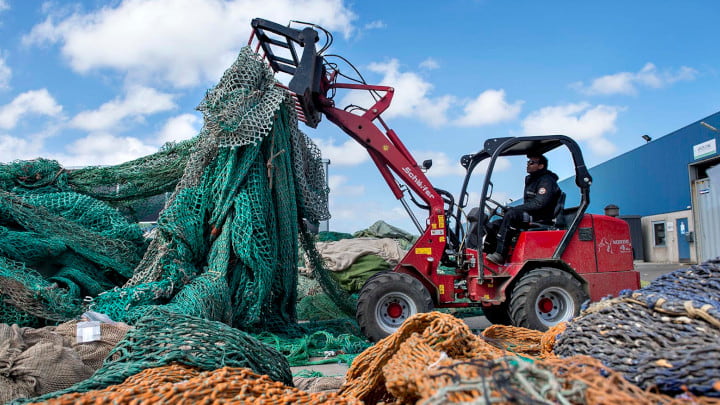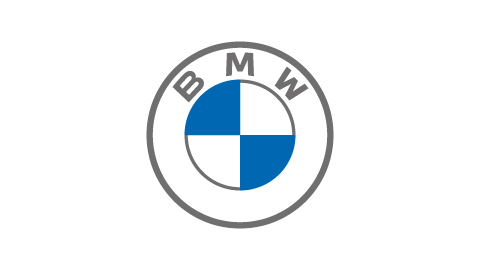
The BMW Group is working with different approaches to use plastic waste from the maritime industry as a raw material for vehicle components in order to conserve resources and reduce CO2 emissions.
This form of recycling makes it possible to reduce the need for petroleum-based primary plastics and at the same time counteract ocean pollution.
Recycled nylon waste forms the basis for a synthetic yarn from which the floor mats in the BMW iX and the new BMW X1 are made.
The material, known as ECONYL, is made from discarded fishing nets as well as worn floor coverings and residual waste from plastics production.
In a new initiative developed in co-operation with Danish company PLASTIX, the BMW Group is taking the recycling of maritime plastic waste a step further.
After separation, fishing nets and ropes undergo an innovative process that produces plastic granules.
While recycled maritime plastic has so far only been used in the automotive industry in the form of fibres for new vehicle components, this recycled material is now also suitable for the injection moulding process for the first time.
The raw material for the components manufactured in this way can consist of around 30 percent maritime plastic waste.
This creates additional application possibilities for recycled plastics. The components manufactured using the injection moulding process are trim parts that will be used in both non-visible and visible areas of the exterior and interior of the ‘NEUE KLASSE’ models from 2025.
Overall, the BMW Group has set itself the target of increasing the proportion of secondary materials in the thermoplastics used in new vehicles from currently around 20 percent to an average of 40 percent by 2030.





